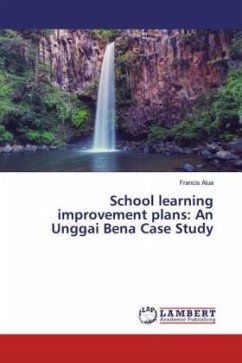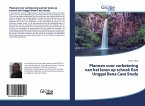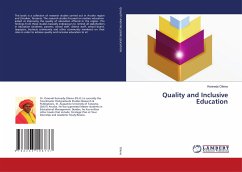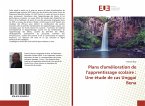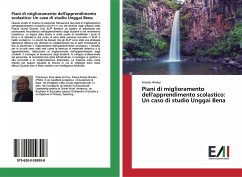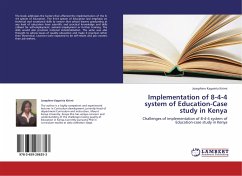This research study explored the implementation of School Learning Improvement Plans (SLIP) in one of the highlands districts of Papua New Guinea. A SLIP provides an implementation framework for promoting excellence in students learning and school performance. The rationale for the study was to identify strengths and weaknesses from the viewpoints of people involved in SLIP at the school levels. The study found that SLIPs were a highly effective strategy to get collaboration among stakeholders to plan for school learning improvement. Benefits to schools were seen to be provision of teaching and learning materials, focus on improved student learning, support students welfare, professional development for staff, infrastructure maintenance, good parent and community support and financial reporting. Responses varied in regard to the extent to which strategies were effective. Effective leadership was seen to be the key to success. It was broadly agreed that collaboration and shared responsibility should exist among stakeholders for successful implementation of a SLIP.
Bitte wählen Sie Ihr Anliegen aus.
Rechnungen
Retourenschein anfordern
Bestellstatus
Storno

